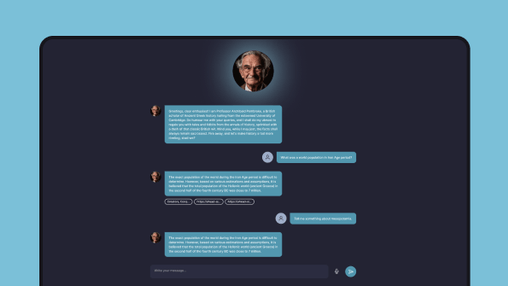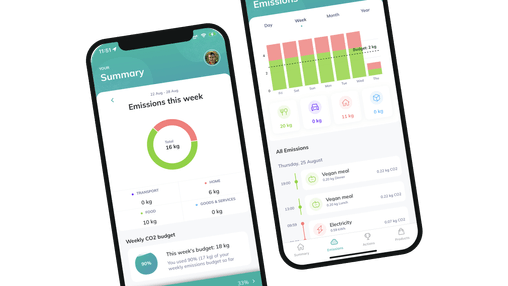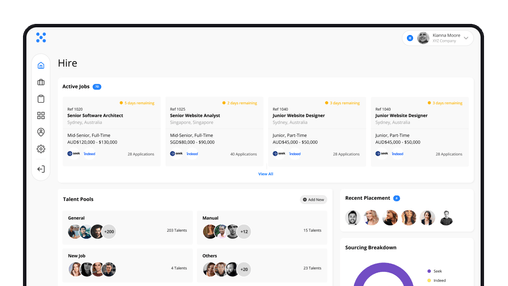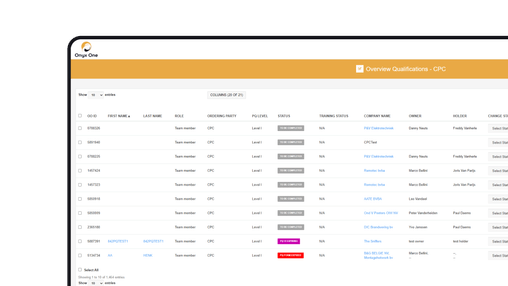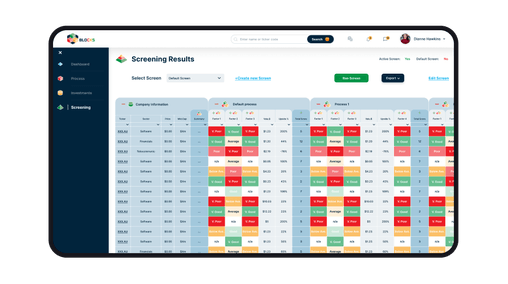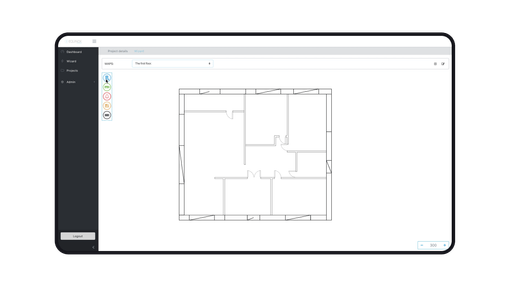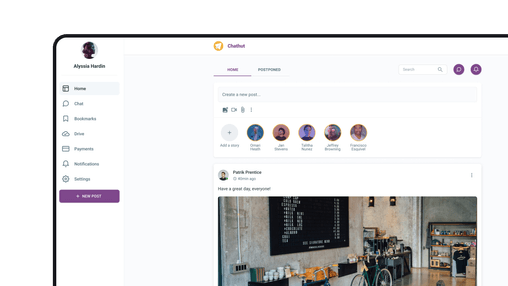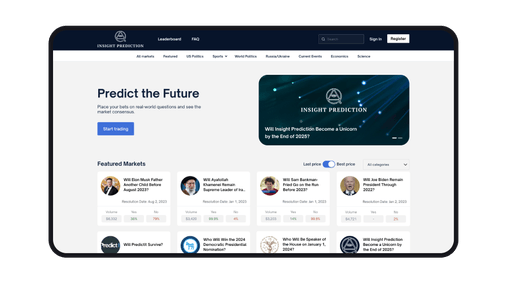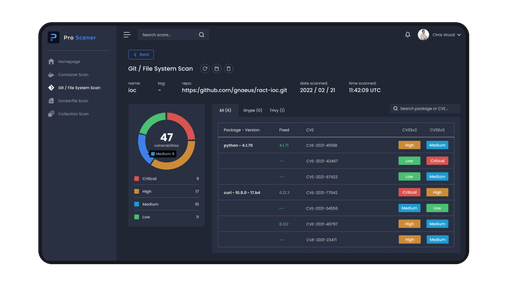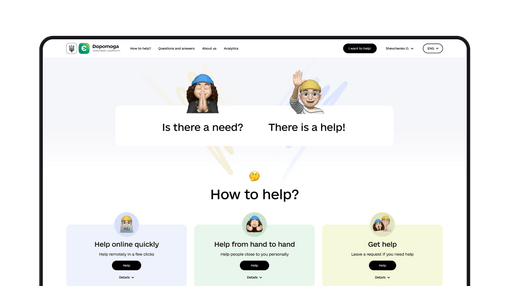Introduction
AI in software development has become one of those hot topics everyone seems to have an opinion on. Some developers worry that tools like Copilot or ChatGPT might do too much thinking for junior devs, making it harder for them to build real skills. Others see AI as just another tool - like using Stack Overflow or Googling your way through a deceptive bug. Honestly, both sides have a point. But one thing’s for sure: AI is already changing the way we write code. It’s making coding faster, more efficient, and in some cases, more enjoyable.
In this article, we will dive into how AI can be integrated into daily coding workflows, how it may impact development speed and costs, and whether AI will eventually replace software engineers. Moreover, we are using our most recent development case to showcase how AI blends into the coding.
The Debate Around AI in Coding: Helper or Menace?
The discussion around AI in software development often falls into two camps:
The skeptics – those who believe AI will limit learning for new developers and replace human problem-solving skills. And probably replace developers.
The optimists – those who see AI as an efficiency booster, enabling developers to focus on higher-level problem-solving while offloading repetitive coding tasks to AI.
There are plenty of debates around this on internet, namely Reddit has several hot threads:
- AI is tremendously helpful, but it's taking the joy out of coding: People discuss how AI increases productivity but might reduce the satisfaction of solving coding problems independently.
- Is it wrong or harmful to use AI to code?: A vibrant debate on whether AI tools hinder or help beginners build core development skills.
- What’s the best AI (paid or free) to help with coding?: Developers suggest the most useful AI coding assistants for different use cases. Yes, there is a lot to choose from on the market.
Regardless of which side you take, AI-assisted coding tools like Copilot, ChatGPT, and Claude Code are already deeply embedded in modern development workflows. I leave it with you to check out Reddit discussion while we proceed to the use case.
Real-World Use Case: AI-Powered Coding
Debates are good because truth is born in argument, but nothing speaks louder than real-world results. Let’s move from theory to practice.
A while ago, we were working on a project for a client where things didn’t quite go as planned. The scope seemed clear at first, but due to some unexpected changes and underestimations, we ended up spending more time on certain tasks than we had anticipated. The feature delivery started slipping behind schedule, and it became obvious we needed to find a way to speed things up—without sacrificing quality.
The delivery timeline was at risk. We either had to throw more people at the problem or get smarter about how we work. Bringing in extra hands would’ve seriously inflated the budget, and that just wasn’t an option for us or the client. We couldn’t descope features either since we were already locked into delivering everything we’d agreed on. So I turned to AI, hoping it could give us the boost we needed.
Finding the Right AI Tool for the Job
With the project timeline slipping and traditional solutions off the table, I decided to run an experiment.
On Monday, I brought AI into the actual work environment to see if it could help accelerate delivery. The task at hand was a backend feature that was initially estimated to take three full working days. I started by documenting the feature in as much detail as possible—defining its functionality, endpoints, data models, expected behavior, and constraints.
The reason? The more precise the documentation, the more accurate the AI's output. I was using Copilot Edits, and it turned out to be much more than just a smart autocomplete tool.
Once the documentation was solid, I asked Copilot to generate end-to-end tests. It produced a 700-line file in seconds. I did have to tweak the tests manually—fixing some edge cases and cleaning things up—but overall, they were pretty solid after a bit of effort.
With the tests ready, I fed both the documentation and the tests back to Copilot and asked it to generate the actual feature code. That’s where things got interesting. It was essentially a form of AI-powered test-driven development.
Of course, it wasn’t perfect on the first try. I had to rephrase my prompts and reference an existing module to give Copilot better context—directory structure, code style, naming conventions, etc. But after several iterations and cleanup, I ran the tests—and around 80% of them passed immediately.
From there, it was mostly polishing.
AI in product development. Coding with AI.
This wasn’t just about writing a single feature faster—it was a glimpse into how AI could reshape our entire development workflow and save time.
Once I figured out the rhythm, the process became almost modular. Here’s what it looked like in terms of time breakdown:
- Writing detailed documentation—1 hour. Including the functional breakdown, endpoints, data models, expected output, and limitations.
- Generating and reviewing tests—about 2 hours. Copilot handled the bulk of the initial test generation. My job was to read through, make corrections, and validate edge cases manually.
- Generating feature code + test runs + debugging—1–2 hours. This included refining Copilot’s outputs, prompting with better context, and tweaking code until the tests passed.
Altogether, I had a production-ready feature in 4 to 6 hours. Later that day, I realized I missed a small bit of functionality during the documentation stage, so I spent an extra 2 hours adding it in. Realistically, that could’ve been avoided with better planning upfront.
So what’s the result? The feature that was originally estimated in 3 working days was completed in a single day, with documentation and tests included.
That’s not just a win for speed—it’s a win for quality. The combination of code, test coverage, and proper docs makes the product more stable, maintainable, and team-friendly in the long run. And from a product development perspective, that’s gold.
AI impact on Software Development Costs
After that experiment, one thing became very clear—AI doesn’t just save time, it saves money.
The feature we worked on was originally estimated at 3 full working days. With AI in the mix, we delivered it in under one day, plus documentation and tests. That’s a time savings of more than 66%, which directly translates into lower development costs, especially in outsourcing environments where time is money.
But let’s be clear: this doesn’t mean AI replaces developers.
Human input is still critical. Writing clear documentation, reviewing AI-generated code, spotting edge cases, debugging logic, and integrating features into the broader system—all of that still relies heavily on experience and context. AI isn’t magic. It hallucinates, misses edge cases, and its output isn’t always consistent—especially as task complexity increases.
So while AI can drastically reduce development time, it needs to be used smartly, and always with human oversight. The real value is in knowing how and when to apply it.
And when you get it right, you don’t just deliver faster—you deliver better.
AI for Startups: Making MVPs Cheaper & Faster
If you're building something from scratch—especially as a startup—you know how every hour and dollar counts. I’ve worked with enough early-stage teams to see that the biggest bottlenecks are usually time, budget, and lack of hands on deck.
And that’s exactly where I think AI can make a huge difference.
By significantly reducing the time required for routine coding tasks—writing boilerplate, generating tests, or scaffolding features—AI allows smaller teams to punch way above their weight. You can move faster, experiment more, and iterate without breaking the bank.
In our case, the feature that once took 3 full days was delivered in just one. Now imagine that happening across an entire MVP. The time savings could shave weeks off a typical startup roadmap. Of course, don’t think it’s realistic to expect that kind of ratio across every feature or project. You simply can’t do everything with AI. Some tasks are too complex, too sensitive, or too domain-specific. But even if the time savings aren’t always that dramatic, the impact is still significant.
Will AI take over coding?
Let’s address the elephant in the room: is AI going to replace developers?
The honest truth? I don’t think so. Not anytime soon, at least.
AI is getting really good at speeding up the “typing” part of development. It can generate code, write tests, even help you scaffold an entire module. But coding is way more than that. It’s about understanding product context, making architectural decisions, debugging weird edge cases, maintaining legacy systems, and thinking critically about trade-offs. AI isn’t there yet—and might not be for a long time.
It’s like having a super fast assistant—you still need to double-check its work, clean it up, and sometimes completely rewrite what it gives you. And when things get complex, weird, or undefined (which happens in most real-life projects), you’re still the one making the calls.
Success cases
Uinno is a product development agency compiled of engineers and technology experts with an ownership mindset who are solely focused on solving business challenges via creating future-ready apps, websites, and digital solutions.
United Kingdom
Kingston upon Thames, 145 London Road
Estonia
Tallinn, Tornimae 5
Ukraine
Lviv, Hazova St. 7, Seven-G
Ukraine
Zaporizhzhia, Sobornyi 160
USA
447 Broadway 2nd floor
New York, NY 10013
USA
78 SW 7th St,
Miami, FL 33130
+380 (99) 455 99 91
contact@uinno.io
hr@uinno.io





